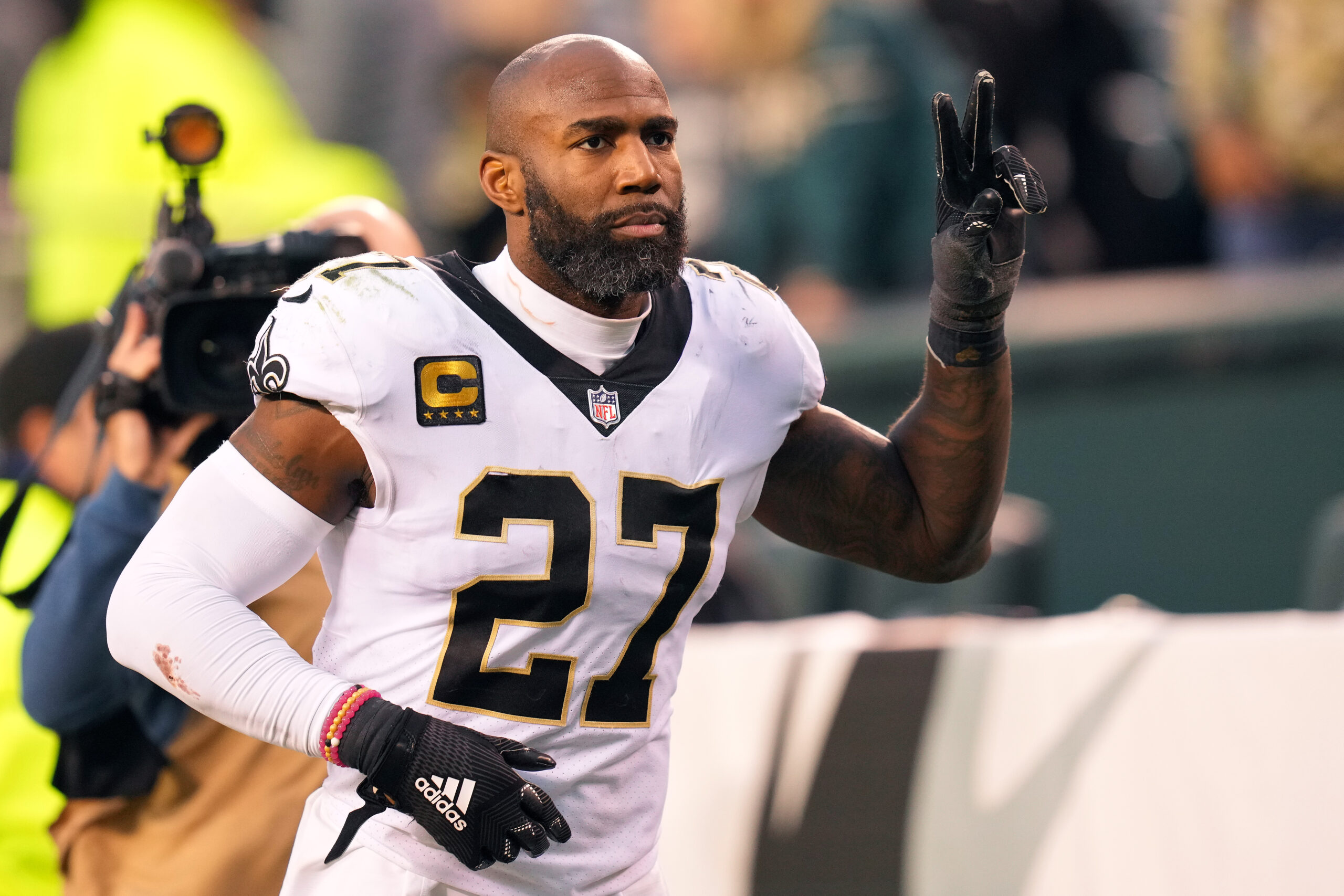The Philadelphia Eagles have long been considered one of the “blackest” teams in the National Football League. However, back then it was due to the colorful personalities and quintessentially black struggles that made NFL fans of the 80s and 90s flock to the team.
Though there are certainly teams who were more successful at winning championships than the Eagles franchise historically, the black influence the team has had on the league, and the nation by proxy, cannot be overstated.
Let’s examine the black quarterback holy trinity of Randall Cunningham, Donovan McNabb and Michael Vick, each of whom were among the most explosive quarterbacks of their time, and dual-threat runners as well. Their individual blackness, which is how they navigated society as black men in America, added to that paradigm as well.
Eagles Players Who Won’t Be Attending White House Celebration
Jenkins, Long, Blount and Smith have remained unified in their decision not to accept a White House invitation
For Cunningham, it was how he single-handedly carried those 1985 through 1995 teams he played on, despite a dearth of weapons on the outside and an average running back. It was indicative of how America often expects black men to do more with less.
For McNabb, the experience was similar. However, unlike Randall, Donovan tried his best to be a corporate-minded, team-first kind of player but was often criticized for it by black teammates, Terrell Owens most notably among them.
Vick’s blackness in Philly could be quantified by the second chance he was given after serving time for dogfighting. Then how he was pigeonholed into defending the racist rants of WR Riley Cooper, who winded up getting an extension with the Birds the next year.
NFL Players Pen Op-Ed To Trump Urging Justice Reform
The NFL Players Coalition leaders Doug Baldwin, Anquan Boldin, Malcolm Jenkins and Benjamin Watson collaborated to pen a New York Times op-ed piece calling on the President of the United States to address the systematic racism that is symptomatic of a biased criminal justice system.
These are but three of the many times that the overall black experience in America has been seen through the lens of the Eagles. Philly icons Jerome Brown, Reggie White, Chis Carter, Brian Dawkins, and Brian Westbrook can all attest.
Today, the Philadelphia Eagles are the Super Bowl champions heading into the 2018 season. And while there isn’t a black QB under center, the blackness exuded by the green and gray is obvious in the team being one of the most socially conscious franchises in recent memory. Malcolm Jenkins, Chris Long, Torrey Smith, and LeGarrette Blount were among the players most adamant about not visiting 45”s White House following their Super Bowl win.
Chris Long was the first, and most vocal, white player to speak up in defense of black lives in the NFL. It was only after Long spoke up that we began hearing from Aaron Rodgers and others.
Celebrating The Eagles Through The Lens Of Philadelphia’s Blackness
My grandmother’s sister, when she moved up north from North Carolina, settled in Philadelphia. As a young child, I remember traveling from New York to go visit my family there, and can recall distinct memories of eating stacks of syrup-drenched pancakes in Aunt Oggie’s rowhouse kitchen or chasing after my older teenage cousins, who seemed like the coolest dudes in their world with their Philly swag, as the Market-Frankford Line rumbled and stumbled across the elevated train tracks on 52nd and Market Streets.
After Colin Kaepernick, the Philadelphia Eagles were the symbol of player resistance to the team owner’s draconian viewpoints on race and class in America. While many are still boycotting the NFL due its blackballing of Kap, individuals who would otherwise be considering skipping the NFL season, have a team to root for that shares their values of justice for all, believes in the importance of every thread in the American tapestry, and plays winning football as well.
That team is called the Philadelphia Eagles, the blackest team in the National Football League.


